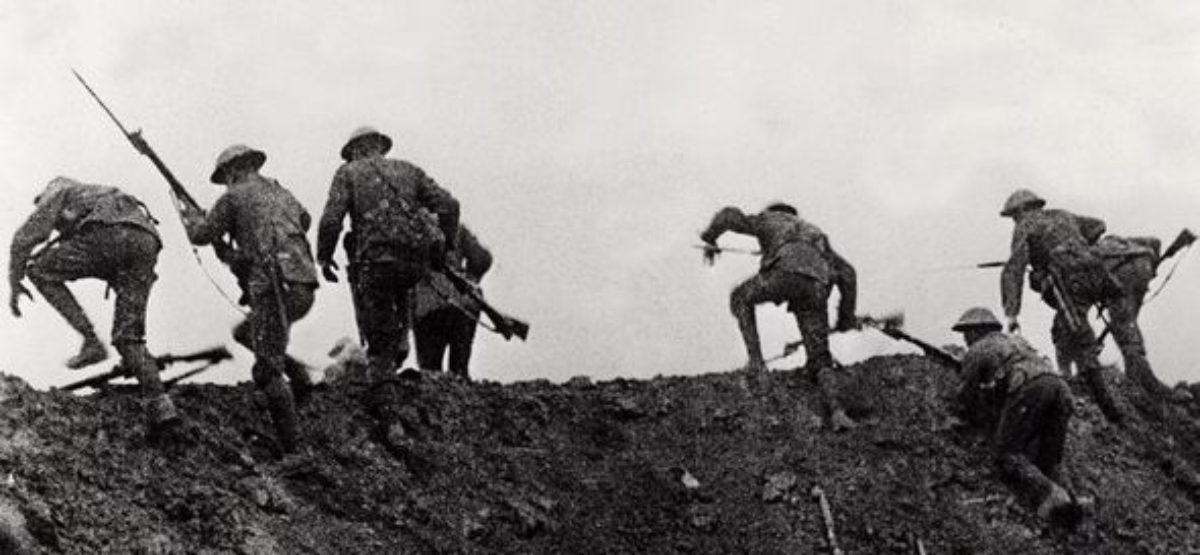Author and historian Dr. Allison Finkelstein comes on the podcast to discuss her book, Forgotten Veterans, Invisible Memorials: How American Women Commemorated the Great War, 1917-1945.
From Dr. Finkelstein’s website: In Forgotten Veterans, Invisible Memorials: How American Women Commemorated the Great War, 1917–1945, Allison S. Finkelstein argues that American women activists considered their own community service and veteran advocacy to be forms of commemoration just as significant and effective as other, more traditional forms of commemoration such as memorials. Finkelstein employs the term “veteranism” to describe these women’s overarching philosophy that supporting, aiding, and caring for those who serve needed to be a chief concern of American citizens, civic groups, and the government in the war’s aftermath. However, these women did not express their views solely through their support for veterans of a military service narrowly defined as a group predominantly composed of men and just a few women. Rather, they defined anyone who served or sacrificed during the war, including women like themselves, as veterans.
These women veteranists believed that memorialization projects that centered on the people who served and sacrificed was the most appropriate type of postwar commemoration. They passionately advocated for memorials that could help living veterans and the families of deceased service members at a time when postwar monument construction surged at home and abroad. Finkelstein argues that by rejecting or adapting traditional monuments or by embracing aspects of the living memorial building movement, female veteranists placed the plight of all veterans at the center of their commemoration efforts. Their projects included diverse acts of service and advocacy on behalf of people they considered veterans and their families as they pushed to infuse American memorial traditions with their philosophy. In doing so, these women pioneered a relatively new form of commemoration that impacted American practices of remembrance, encouraging Americans to rethink their approach and provided new definitions of what constitutes a memorial. In the process, they shifted the course of American practices, even though their memorialization methods did not achieve the widespread acceptance they had hoped it would.
Meticulously researched, Forgotten Veterans, Invisible Memorials utilizes little-studied sources and reinterprets more familiar ones. In addition to the words and records of the women themselves, Finkelstein analyzes cultural landscapes and ephemeral projects to reconstruct the evidence of their influence. Readers will come away with a better understanding of how American women supported the military from outside its ranks before they could fully serve from within, principally through action-based methods of commemoration that remain all the more relevant today.
The Mid-Atlantic Regional Archives Conference (MARAC) awarded this book the 2022 Arline Custer Memorial Award for the best book written in the Mid-Atlantic region.
We have a promo code exclusively for BFWWP listeners! Use BATTLE24 to unlock a 30% discount on either format of the book when ordering directly from our website at:
https://www.uapress.ua.edu/9780817361211/forgotten-veterans-invisible-memorials/
The BFWWP is on Patreon: https://www.patreon.com/BattlesoftheFirstWorldWarPodcast.
Any questions, comments or concerns please contact me through the website, www.firstworldwarpodcast.com. Follow us on Twitter at @WW1podcast, the Battles of the First World War Podcast page on FaceBook, and on Instagram at @WW1battlecast. Not into social media? Email me directly at verdunpodcast@gmail.com. Rate, review, and subscribe to the Battles of the First World War Podcast on iTunes or wherever you get your podcasts.
